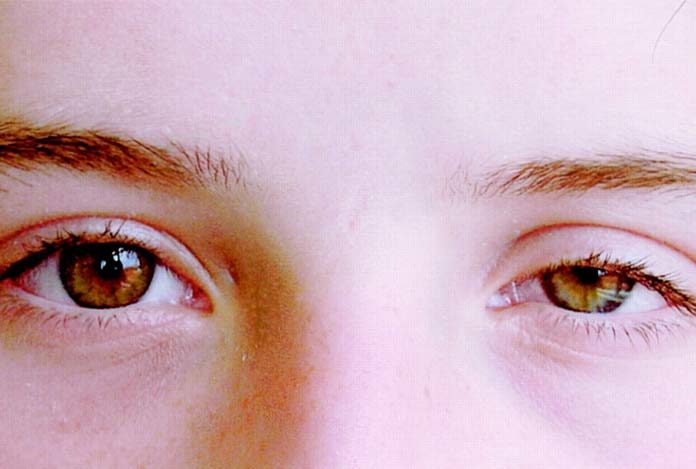
Horner’s syndrome is relatively a rare disorder, which is caused due to injury to the nerve fibers that link the eye to the brain. General symptoms of this disorder are constricted pupil, drooping eyelid and an elevation in the lower eyelid. The eyeball may sink a little bit into the bone cavity that protects the eyes. The side of the face, which is affected, may get dry or become less sweaty than usual.
Here, Dr. Andrew Weil explains more about this disorder. He says that in Horner’s syndrome, the affected nerve fibers do not pass from the brain to the eyes directly. Instead, they proceed downwards through the spinal cord to the chest and then, goes back into the neck through the skull and into the eyes. While traveling along this twisty path, these nerves can be hindered by several abnormalities. These may include tumor in brain, lung or spinal cord; a heart attack or stroke, atherosclerosis as well as vascular spasms, which may cause cluster headaches or migraine.
Dr. Weil adds that Horner’s syndrome, in certain cases, can have a genetic origin. Nevertheless, there are several other causative factors, including an insect or snake bite, or a neck injury arising from the impact of a heavy instrument. Certain medications including eye drops can also be responsible for this disorder. So, it is advisable to tell your doctor about the drugs you are taking. Many times, Horner’s syndrome is present at the time of birth; possibly, because of neck trauma or birth trauma.
Horner’s syndrome is not limited to specific geographical regions or ethnic groups. This disorder equally occurs in men and women and at any age.
In relation to its diagnosis, Dr. Weil advices that to determine the root cause of Horner’s syndrome, one can go for several tests. This include head MRI, chest X-ray, blood tests, chest CT scan, ultrasound to investigate carotid artery in the neck and eye tests. He further says that unfortunately, the symptoms cannot be analyzed in 30-45 percent of all Horner’s syndrome cases.
There is no any specific treatment for Horner’s Syndrome, but the treatment for the root cause can be continued to improve the functioning of the affected nerves. The affected nerves often get cured on its own and the symptoms go away within a few months. However, if a tumor is identified, then the doctor may recommend a surgery. Radiation and chemotherapy may also be required if the tumor is found to be malignant.
Dr. Weil comments that for the treatment of Horner’s syndrome, you may be referred to a physician, specializing in vision problems associated with nerves.
Dr. Andrew Weil finally suggests that in cases, wherein no root cause of the disorder is found, patients can opt for hypnosis, acupuncture, and extract of Lion’s Mane mushrooms – a non-toxic medicinal plant that facilitates nerve growth.










